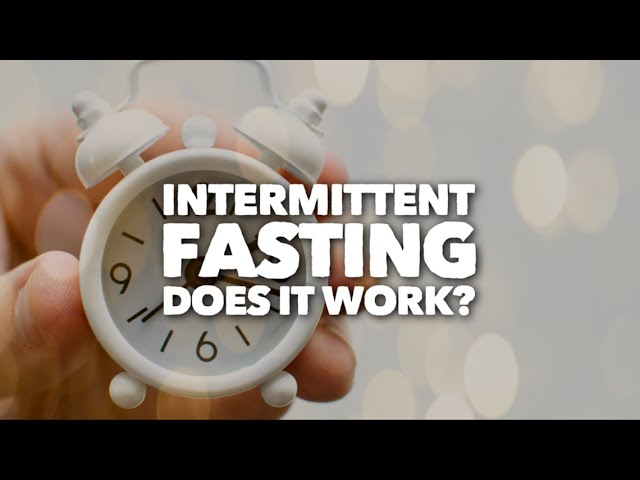
The idea that **fasting can help with weight loss** has gained immense popularity in recent years. But how much truth lies behind this concept? Various diets and health trends promote fasting as a method for shedding pounds efficiently. But does fasting genuinely offer the weight loss benefits people hope for? Let's delve into the world of fasting and uncover the facts.
Many **nutritionists** and health experts have started recommending fasting, especially methods like **intermittent fasting** (IF). According to Kristen Smith, a registered dietitian, "Intermittent fasting is a lifestyle change rather than a diet." This perspective also emphasizes the importance of personal choice in how we approach nutrition.
Intermittent fasting typically involves cycles of eating and fasting. The most common method includes an eating window of **8 hours** followed by a **16-hour** fasting period, also called the **16:8 method**. Research indicates that following this approach can lead to weight loss. A 2023 meta-analysis highlighted that various fasting methods, including alternate day fasting and **time-restricted eating**, can lead to weight reductions ranging from **1% to 13%** over periods spanning from 2 to 52 weeks.
Yet, some individuals may experience difficulty adhering to such regimens. A common concern is that fasting can trigger feelings of hunger, which may lead to binge eating when the fasting period ends. A study cited by **WebMD** noted that people may overeat on non-fasting days, which could negate the caloric deficit established during the fasting period.
Dr. Eric A. M. Ravussin from the **Pennington Biomedical Research Center** suggests that fasting can indeed promote weight loss through a reduction in overall caloric intake. He explains, "When you limit your eating window, you often consume fewer calories without even realizing it." This aligns with the findings from animal studies that demonstrated how intermittent fasting reduced obesity.
However, not all research is unequivocal. Some experts urge caution when considering fasting as a long-term weight loss solution. While there is substantial evidence supporting the effectiveness of fasting methods for immediate weight loss, long-term sustainability can be more complicated. According to recent findings from **Harvard Health**, intermittent fasting might produce similar results as traditional low-calorie diets in terms of weight loss efficacy, but maintaining these results often proves more challenging.
Another pertinent question is whether fasting aids specifically in **losing belly fat**. For those targeting visceral fat, studies indicate that the **16:8 intermittent fasting** method is particularly effective. By fasting for 16 hours and consuming meals within an 8-hour window, one enables the body to utilize stored fat as energy, thus promoting fat loss.
Contrasting opinions exist regarding the safety and effectiveness of fasting. Not all health experts endorse fasting as a universally suitable weight-loss approach. Some argue that it can lead to potential side effects, such as fatigue, irritability, and nutrient deficiencies if not properly managed. Individuals with certain medical conditions or those in specific life stages should consult healthcare providers before initiating any fasting regimen.
Would you be surprised to know that **the body typically starts burning fat within around 12 hours of fasting**? This phenomenon occurs when glycogen stores deplete, leading the body to switch to stored fat as its primary energy source. For individuals wondering how long they should fast for optimal results, fasting periods of **12 to 16 hours** have been reported to be effective for many.
Furthermore, proponents of fasting assert that it can positively affect **hormonal balance**. Fasting is said to boost levels of norepinephrine and growth hormone, both of which can facilitate fat burning. As Dr. Mark Mattson of the **National Institute on Aging** states, "Fasting can cause beneficial hormonal changes that can help with weight management and metabolic health."
In conclusion, fasting, particularly intermittent fasting, does appear to present some scientifically supported advantages for weight loss, specifically for individuals who can adhere to it. However, as with any eating regimen, it is essential to consider individual health needs and goals. For many, consulting with a healthcare professional is advised when contemplating significant dietary changes.
The journey towards effective weight management often requires a blend of strategies—caloric control, physical activity, and mindful eating. Fasting may be a helpful tool in this toolkit, but it is crucial to approach it with knowledge and care. Therefore, does fasting help you lose weight? The answer is nuanced. While many individuals find success with fasting, it is not a one-size-fits-all approach. Therefore, evaluate options, understand individual health conditions, and then make informed dietary choices.







![Shark Tank Weight Loss Products: Unveiling Myths and Truths [2024 Insights]](/thumb/2ezrwfc8o.jpg)